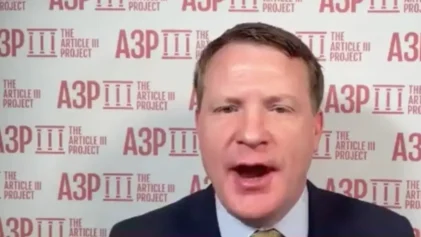Ghana will lose about 50 percent of its estimated revenue from crude oil exports this year if the price of crude oil on the international market continues to decline, Dr. John Gatsi, a Senior Lecturer at the University of Cape Coast Business School has said.
Speaking in an interview with Times Business in Accra on Wednesday, he said the government in its 2015 budget earmarked projects in road construction, educational infrastructure and modernization of agriculture based on the expected revenue from crude oil exports.
“It would be very difficult, if not impossible, for the government to execute these projects if the price of crude oil continues to take a nose dive,” he said.
He said the government in its 2015 budget projected the price of crude oil to stabilize around $90, but the price has dropped to a record low of $50 per barrel.
According to the 2015 budget, the total revenue from oil is estimated at Ghc4.2 billion, or 3.1 percent of Gross Domestic Product (GDP).
Meanwhile, Brent crude oil recovered slightly after falling below $50 a barrel for the first time since May 2009 on Wednesday, as traders reassessed their books after a sharp slide since the start of the year on a growing supply glut and weak global demand.
In choppy trade, benchmark Brent crude futures LCOc1 were down 25 cents at $50.85 by 0656 ET, having fallen as low as $49.66, a level last seen in May 2009.
Brent fell in the previous four sessions and is still down 8.6 percent this week. Prices have lost around 55 percent since their peak above $115 last June, as stockpiles of oil mount with no signs of a cut in production from OPEC.
Demand for oil is also weak, with the outlook for the global economy remaining subdued.
Dr. Gatsi said the continuous decline of crude oil prices on the international market would seriously affect the country’s projected allocations to the Heritage Fund and the National Stabilisation Fund which he said had negative implications for the country’s international reserve.
To help balance the equation, he said the marginal reduction in the ex-pump price of petroleum prices was important, but should not be done to further worsen government’s revenue targets.
He said it was important that the government considers the potential revenue loss from petroleum exports and the gains at the downstream sector.
The National Petroleum Authority (NPA) recently reduced the prices of petroleum products by 10 percent.
Source: Ghana Web



